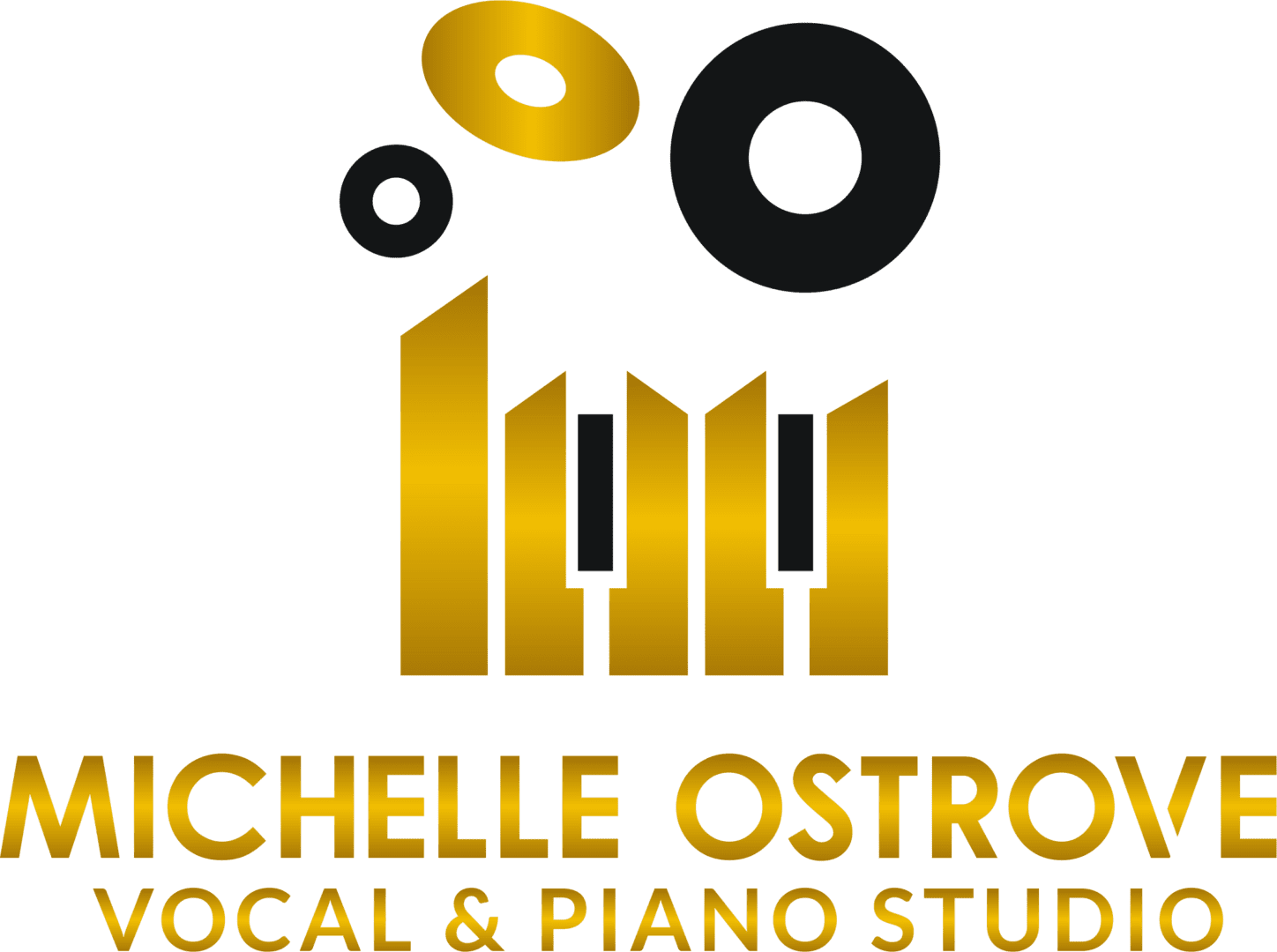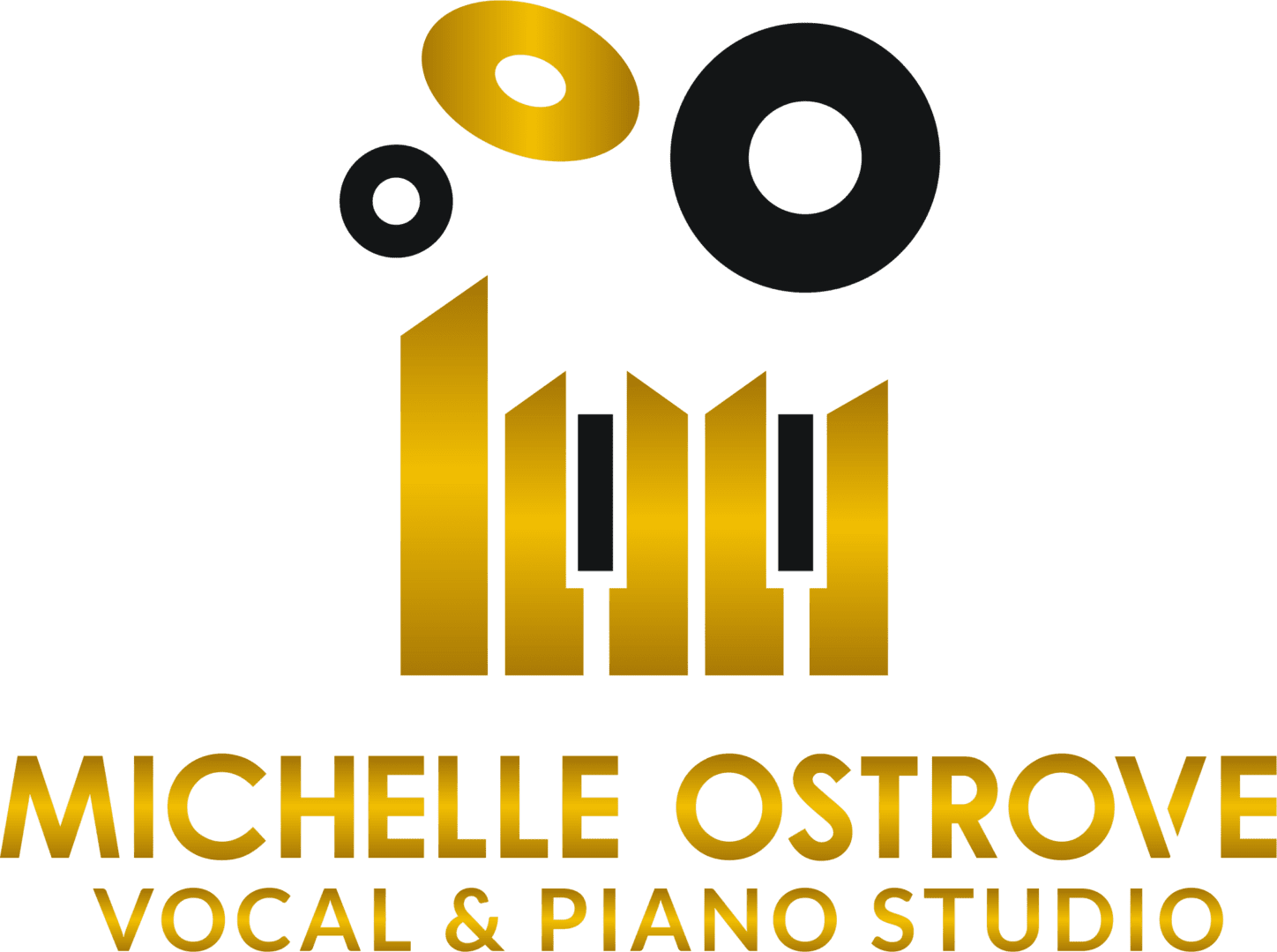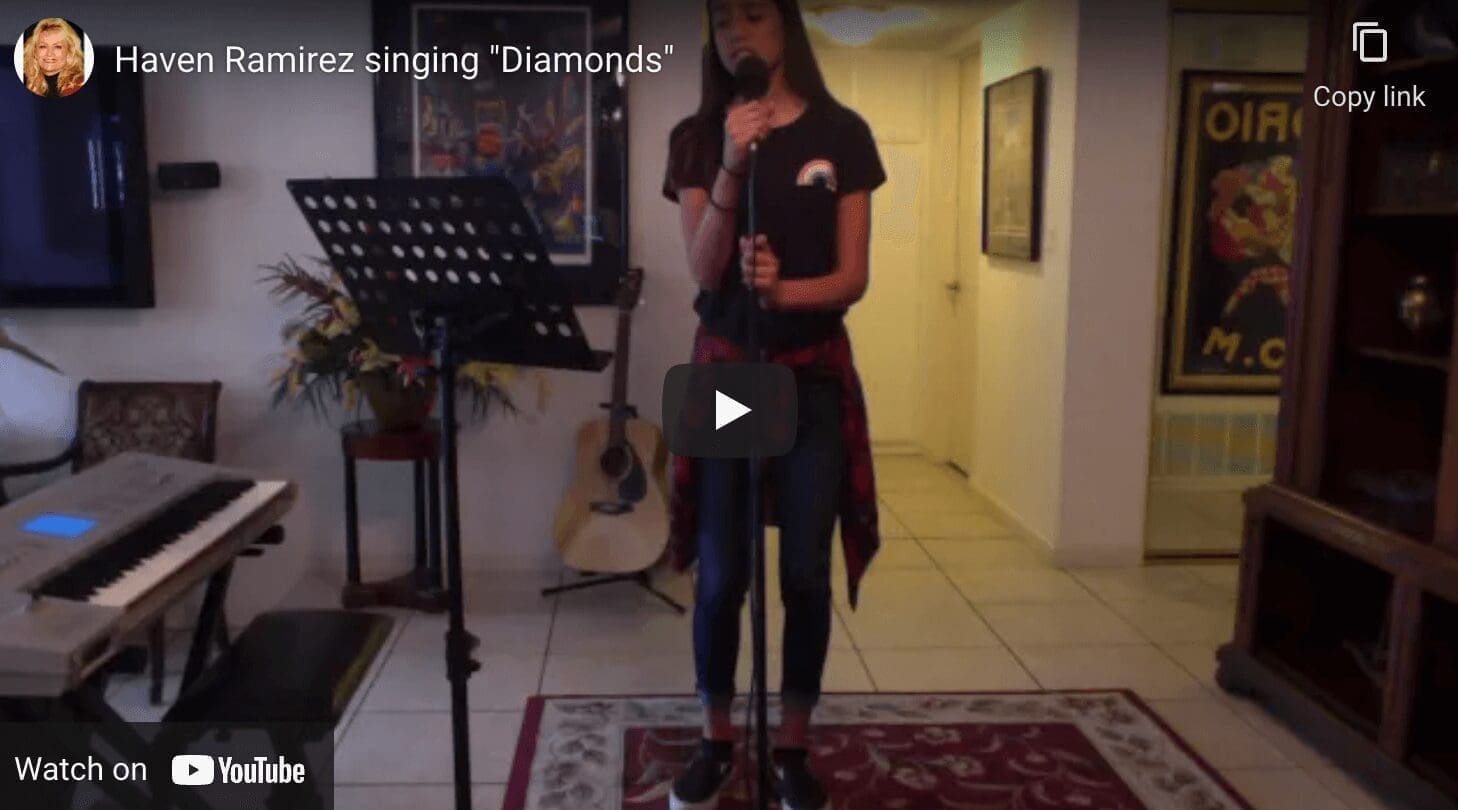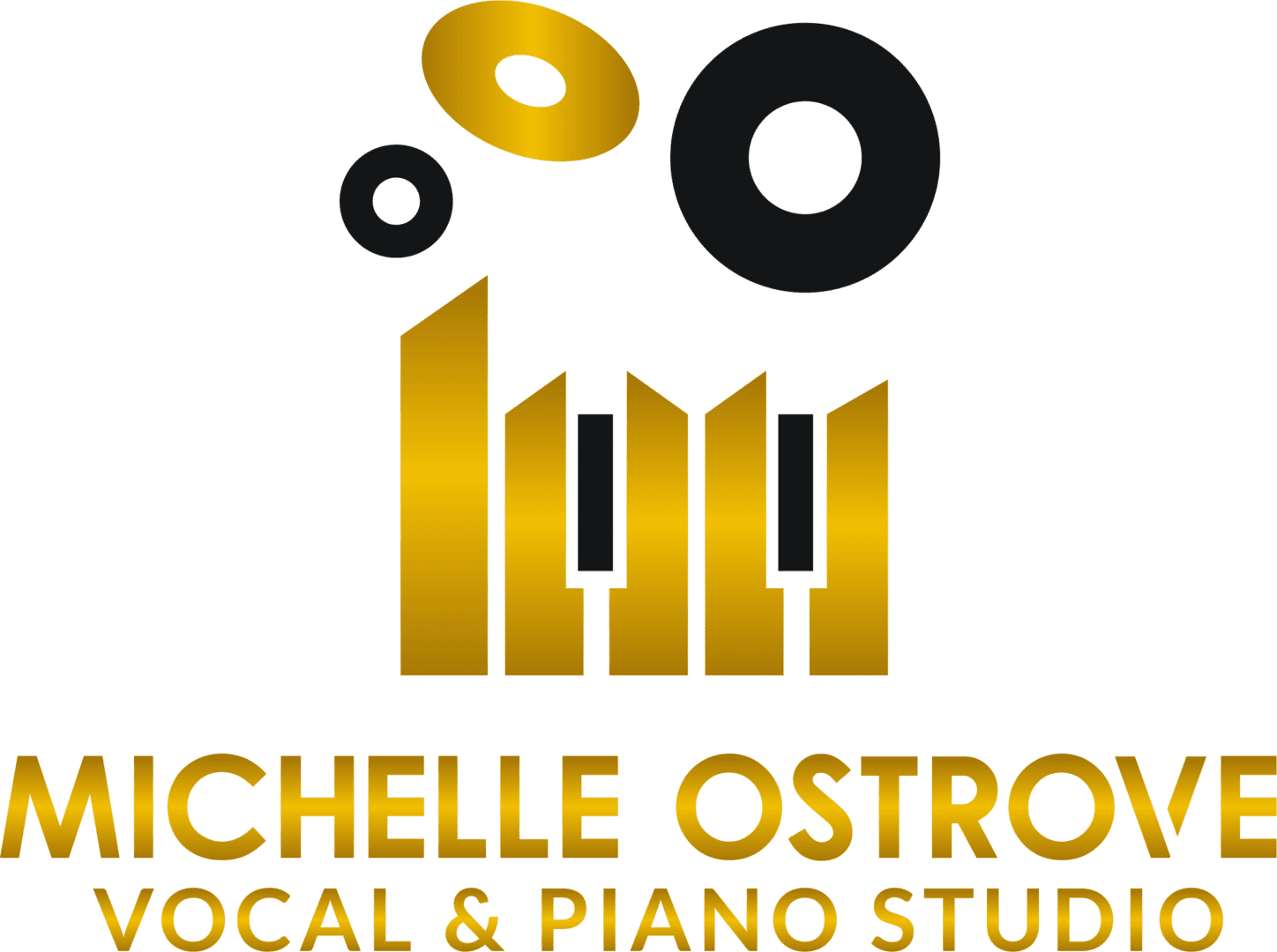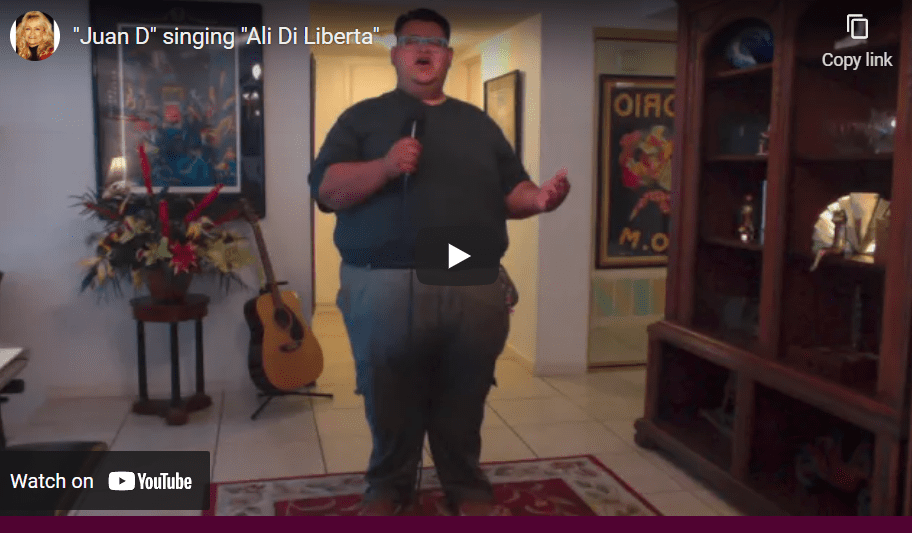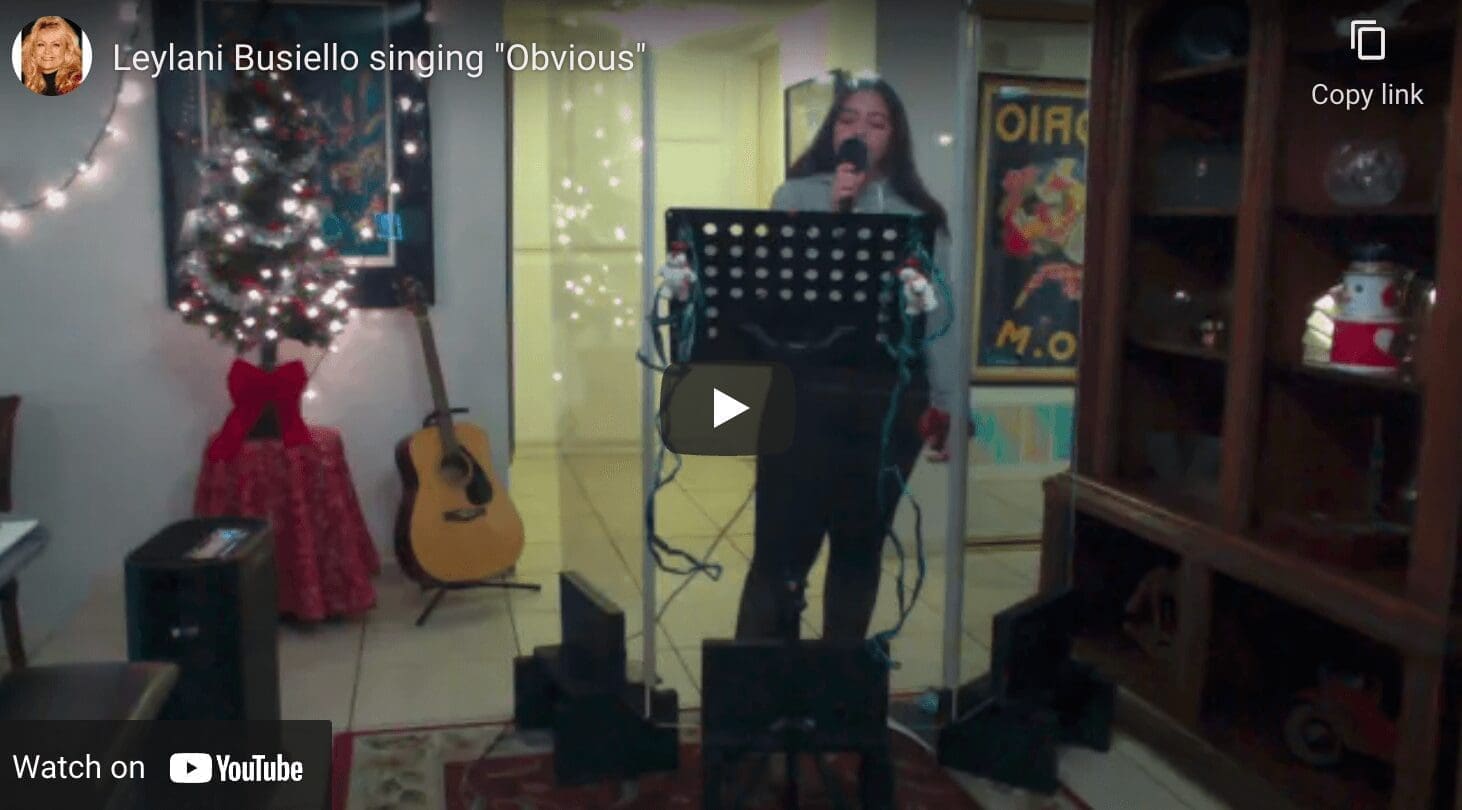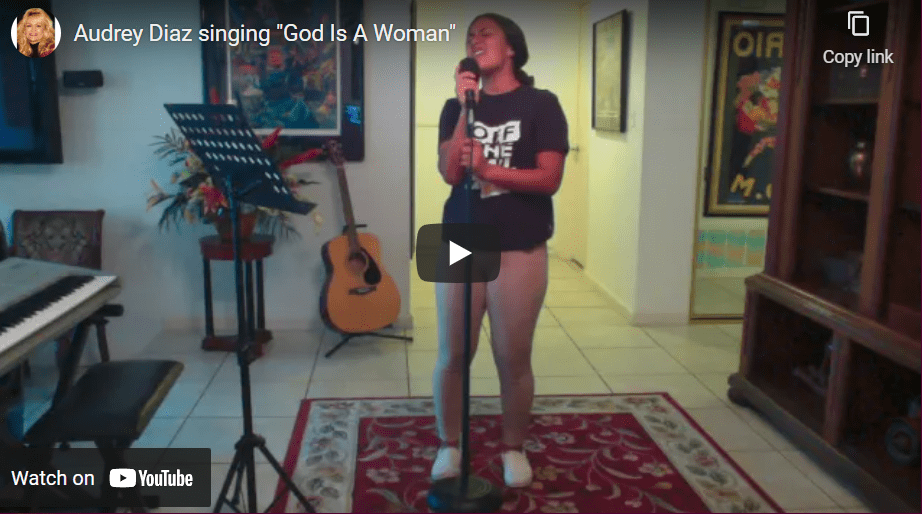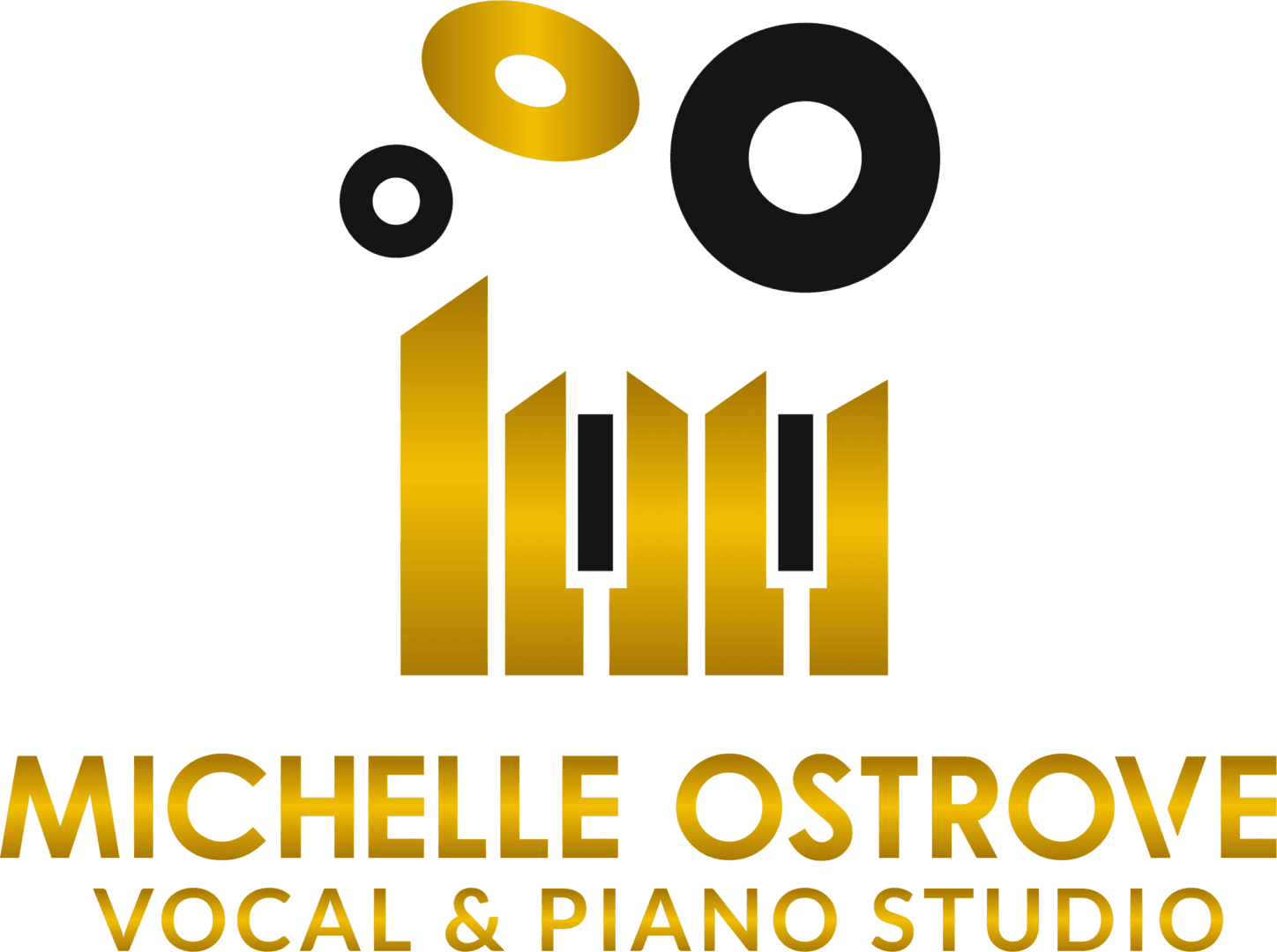Explore the Michelle Ostrove Blog
All great singers have certain skills that are needed and you can master these skills, but it takes dedication and work (practice)! When you think of an amazing singer, what do you notice? Most likely it’s their tone, how their voice sounds when singing a song. Every singer has a certain something that makes them stand out. If you ask yourself what skills you need to be a (professional) singer, here are three skill that will get you on the…
Read MoreThe human voice can be the most expressive instrument, but it can also be very boring! Distinct and unique musical phrasing is essential for a compelling performance. Musical phrasing creates a recognizable and unmistakable quality for a voice. It makes a singer sound better than just singing the words on a page. Do you know what makes a voice distinctly different…phrasing; how a singer SHAPES each line of the song. The combination of tone, pitch, dynamics, diction and more contribute…
Read More2 WAYS TO HOLD A HIGH NOTE! Knowing how to hold a note for its full length takes practice. This is a skill every singer should have the ability to do; holding a note without wobbling or dropping in pitch (flat). There are a few reasons why a singer has trouble holding notes for their full value. To have strong control you should be able to hold a note, staying on the pitch without wavering or hold a note with…
Read MoreAny aspiring singer should aim to achieve clear enunciation (to articulate, pronounce each syllable). The right inflections (rise and fall of pitch), diction (words chosen for phasing) and pronunciation (the way you sound out a word) affect the feeling of a song. If you are mumbling the words you are singing, you will not get your message across because no one will know what the song is about. A good singer will have clear enunciation and they will craft each…
Read MoreThere are certain qualities that are needed to be a great singer. There are different ways to help a singer create their own style and make them stand out from the rest. You need the talent, but it’s more than just talent. You need to stand out from the rest. Here are a few tips to help you move forward. Some artists start their career singing a song that was made famous by someone else. If you are going to…
Read MoreAre you a soprano or tenor who’s hoping to expand your range into those lower notes? While you may have mastered those high notes, you need to develop your lower range to be an amazing singer. When you are practicing your daily vocal exercises really push into those lower notes. With practice, you will be able to sing a range of notes that span from the top of the range down to the bottom. There are five groups of muscles…
Read MoreAn insane amount of work goes into making a performance look easy. Whenever an artist performs there is a lot of preparation that goes into the performance. People want to hear a singer or pianist who will make it sound easy. The words and notes need to flow out from them effortlessly in a natural way. This helps the listener feel relaxed. If the singer is straining their vocal cords and throat, or a pianist is trying too hard playing…
Read MoreThere are different ways to add variety and create your own sound when you sing or play the piano. If you use inflections, dynamics, accents, staccatos and emotion into your performance it takes you to a whole new level. If you are singing or playing in a band, timing is essential! For voice using inflections is related to a change in pitch or tone; the rise and fall of a singer’s pitch. Adding inflection into your singing voice adds variety…
Read MoreWhen you begin to sing, you will inhale causing the diaphragm muscles to constrict, which causes the lungs to expand and fill up with air. As you exhale, the diaphragm muscles contract causing increased pressure and creating a vibration of the vocal cords (folds). The exhaled breath is then forced out of the lungs along the trachea, passing through the vocal cords, which are capable of vibrating at an incredibly fast rate. For singing to exist, the vocal cords must…
Read MoreA chord is also called a triad, which is typically a group or a set of three (or more) notes played simultaneously. A chord can be three notes or more, whereas a triad is always three notes arranged in thirds. Any chord can be inverted, when you arranged a chord in a different order it’s called an inversion. What is an inversion? Webster’s Dictionary defines it as “the process or result of changing or reversing the relative positions of the…
Read More